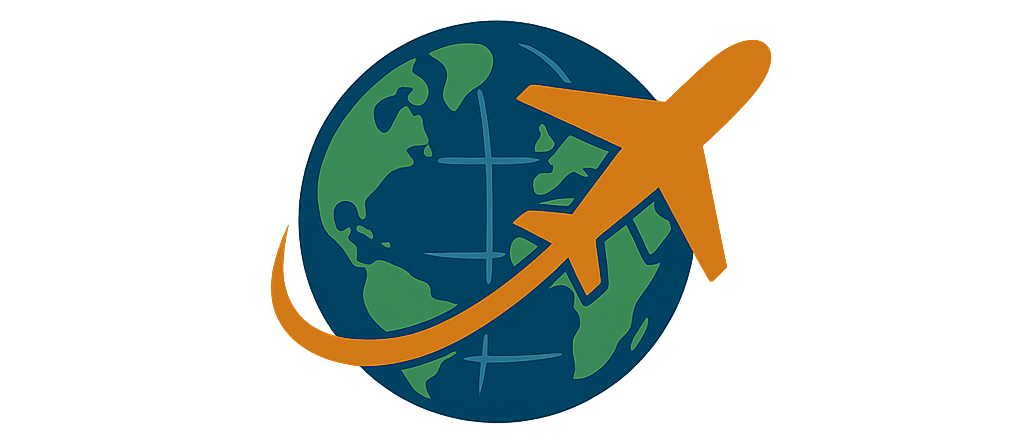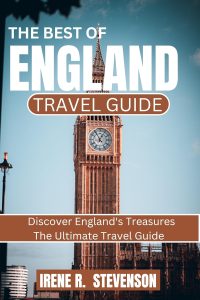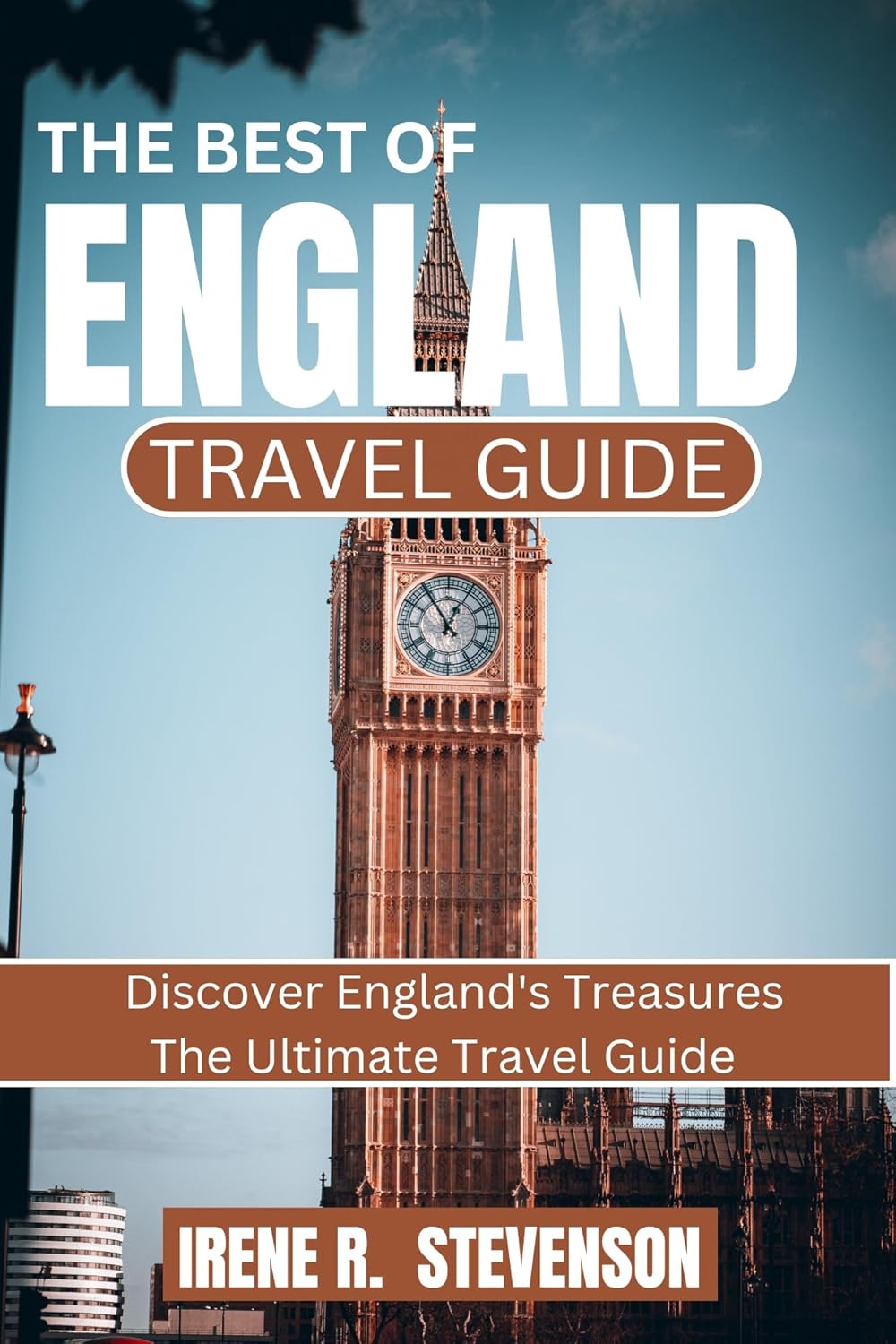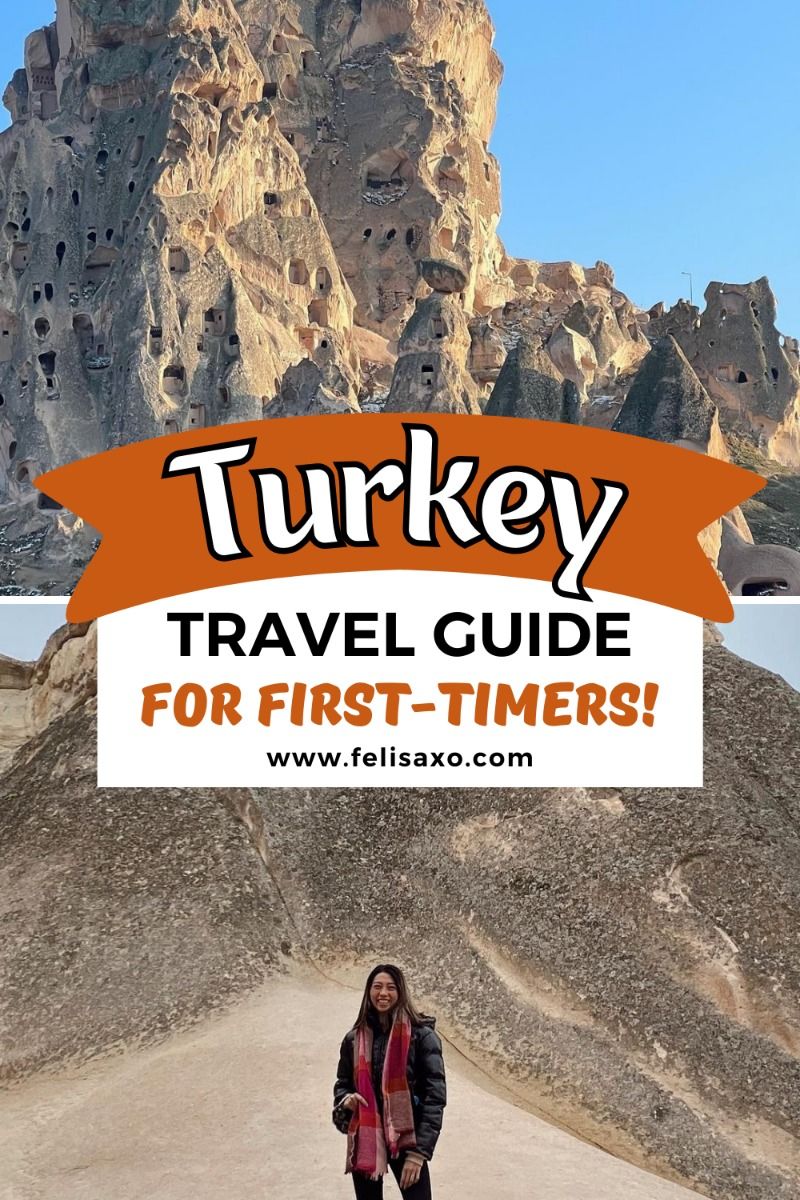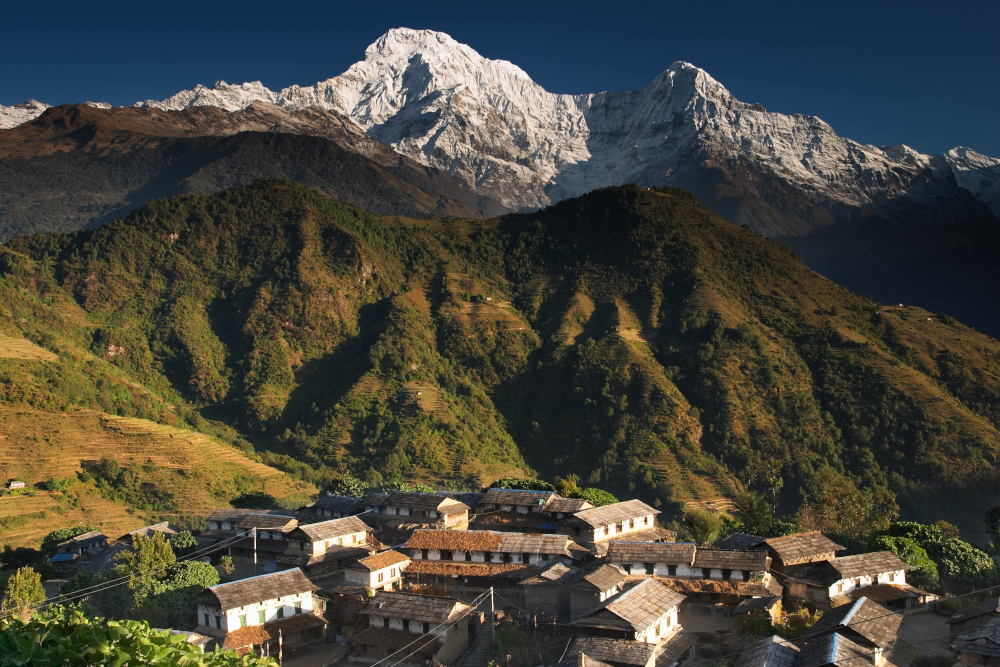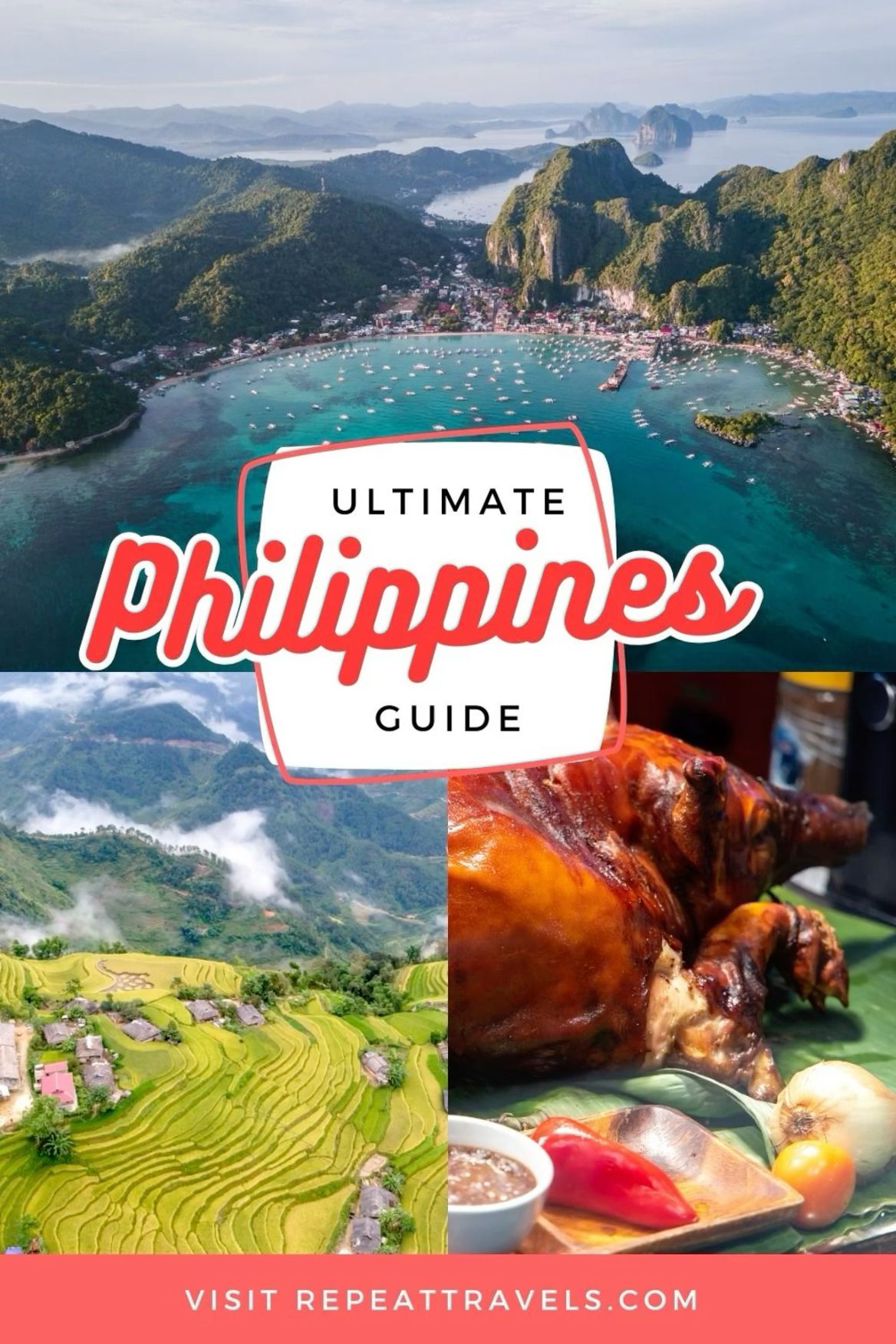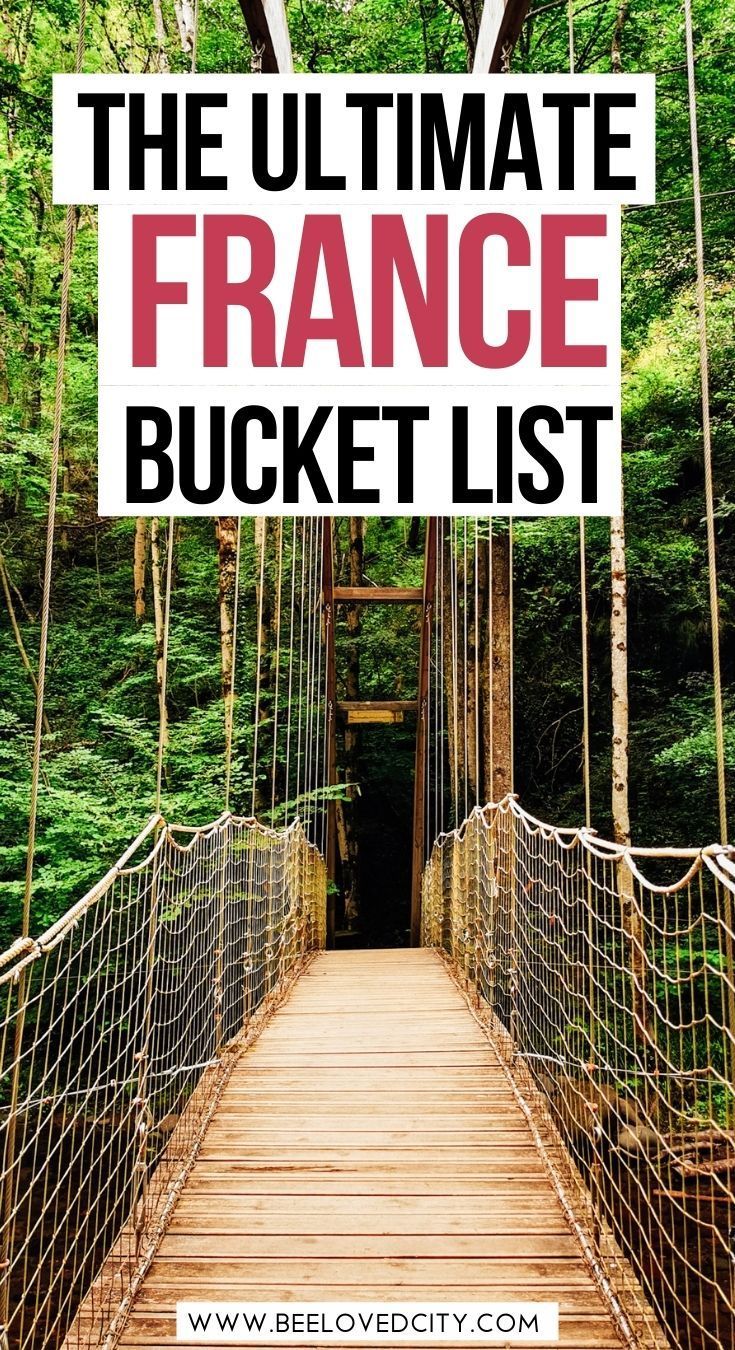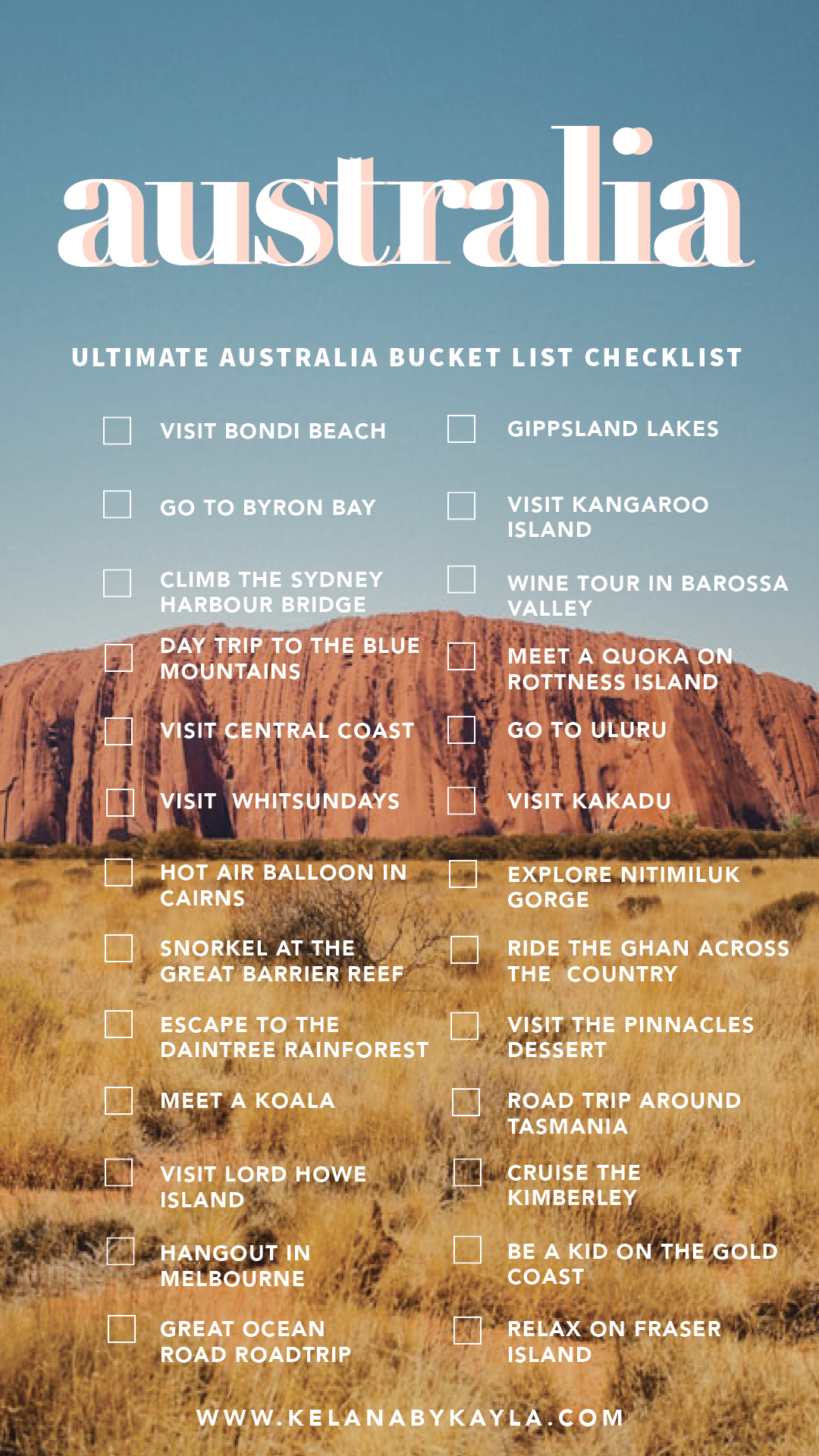
Australia, a land of unparalleled natural beauty, vibrant cities, and unique wildlife, undeniably deserves a prime spot on any avid traveler’s bucket list. From the sun-kissed beaches of Queensland to the rugged outback of the Northern Territory, and the sophisticated charm of Sydney to the cultural depth of Melbourne, the sheer diversity of experiences available is astounding. However, embarking on such an epic journey requires thoughtful preparation to ensure your trip is as seamless and memorable as possible. This comprehensive guide will walk you through how to prepare for Australia worth adding to your bucket list, covering everything from essential documentation to cultural insights, ensuring you’re fully equipped for an unforgettable adventure Down Under.
Why Australia is a Must-Visit Destination
Before diving into the nitty-gritty of preparation, let’s briefly revisit why Australia captures the imagination of travelers worldwide. It’s a continent of contrasts, offering everything from ancient rainforests and coral reefs to vast deserts and snow-capped mountains. The unique marsupials like kangaroos and koalas, the laid-back Aussie lifestyle, world-class culinary scenes, and rich Indigenous culture all contribute to its magnetic appeal. Preparing adequately means you can truly immerse yourself in these wonders without unnecessary stress.
Essential Pre-Trip Planning for Your Australian Adventure
Effective planning is the cornerstone of any successful international trip, and an Australian adventure is no exception. A bit of foresight can save you time, money, and potential headaches, allowing you to focus on the excitement of your upcoming journey.
Visa Requirements: Navigating Australian Entry
One of the most critical steps in preparing for Australia is securing the correct visa. Australia has a strict visa policy, and most non-citizens require a visa to enter.
- eVisitor (subclass 651): Free for eligible passport holders (primarily European), allowing multiple visits for tourism or business visitor activity for up to 3 months per visit within a 12-month period.
- Electronic Travel Authority (ETA, subclass 601): Available for eligible passport holders (including the US, Canada, Japan), applied for online with a small service fee, allowing multiple visits for tourism or business for up to 3 months per visit within a 12-month period.
- Visitor Visa (subclass 600): For those not eligible for an eVisitor or ETA, or for longer stays (up to 12 months). This typically involves a more detailed application process and a fee.
Always check the official Australian Department of Home Affairs website well in advance of your travel dates, as requirements can change. Ensure your passport has at least six months of validity beyond your intended departure date from Australia.
Budgeting for Your Dream Australia Trip
Australia can be an expensive destination, so a realistic budget is crucial. Consider the following categories:
- Flights: International flights are often the largest expense. Book well in advance and be flexible with dates if possible.
- Accommodation: Options range from hostels and Airbnb to luxury hotels. Prices vary significantly by location and season.
- Transportation: Factor in domestic flights, car rentals, public transport, and tours.
- Food and Drink: Eating out can be costly, especially in major cities. Self-catering for some meals can help save money.
- Activities and Tours: Allocate funds for iconic experiences like Great Barrier Reef tours, Sydney Harbour Bridge climbs, or Uluru visits.
- Travel Insurance: Non-negotiable for peace of mind.
- Miscellaneous: Souvenirs, unforeseen expenses, visa fees.
Tip: Start saving early and track your expenses during the planning phase. Look for package deals or consider traveling during the shoulder season for better value.
Travel Insurance: Your Safety Net Down Under
Never underestimate the importance of comprehensive travel insurance. Australia has excellent healthcare, but it is expensive for non-residents. Travel insurance should cover:
- Medical emergencies and hospitalization.
- Trip cancellation or interruption.
- Lost or stolen luggage.
- Personal liability.
- Adventure activities you plan to undertake (e.g., scuba diving, surfing).
Read the policy details carefully to understand what is covered and any exclusions. It’s a small investment that can prevent significant financial burden should something unexpected occur.
Best Time to Visit Australia: Seasonal Considerations
Australia’s vast size means its climate varies significantly by region. Choosing the best time to visit depends on where you want to go and what you want to do.
- Summer (December-February): Hot across most of the country, ideal for southern beaches but very hot and humid in the north (wet season), bringing cyclones.
- Autumn (March-May): Generally pleasant weather nationwide, great for exploring southern cities and the Red Centre.
- Winter (June-August): Mild in the north (dry season, perfect for Queensland and the Top End), cooler in the south (can be cold with snow in alpine regions).
- Spring (September-November): Pleasant temperatures, wildflowers bloom, excellent for hiking and exploring various regions.
Insight: If your bucket list includes both the tropical north and temperate south, consider a trip during autumn or spring to experience both comfortably.
Health and Safety Preparations for Australia
Australia is generally a safe country, but being prepared for its unique environment and understanding local practices is essential for a worry-free trip.
Vaccinations and Health Advice for Travelers
While no specific vaccinations are mandatory for entry into Australia (unless arriving from a yellow fever risk country), it’s always wise to consult your doctor or a travel clinic well before your departure. They can advise on routine vaccinations and any others recommended based on your itinerary and personal health history.
- General Health: Ensure any prescription medications you need are packed with their original labels and a doctor’s note. Research any restrictions on bringing certain medications into Australia.
- Dental Check-up: A pre-trip dental check can prevent unexpected issues abroad.
Sun Protection and Wildlife Safety in Australia
The Australian sun is notoriously strong. Protecting yourself from UV radiation is paramount.
- Sunscreen: Use broad-spectrum SPF 30+ (preferably 50+) and reapply frequently.
- Hats and Sunglasses: Wide-brimmed hats and UV-protective sunglasses are a must.
- Protective Clothing: Long-sleeved shirts and rash guards are advisable, especially for water activities.
- Hydration: Drink plenty of water, especially in hot climates.
Australia is home to unique and sometimes dangerous wildlife.
- Snakes and Spiders: Be aware of your surroundings, especially when hiking or in rural areas. Don’t put your hands where you can’t see.
- Marine Life: Be cautious of jellyfish (especially box jellyfish in northern waters during summer), sharks, and crocodiles in designated areas. Always swim between the flags at patrolled beaches.
- Dingoes: Do not feed dingoes, particularly on Fraser Island, and keep a safe distance.
Understanding Local Laws and Emergency Contacts
Familiarize yourself with Australian laws and customs.
- Driving: Australians drive on the left-hand side of the road.
- Alcohol: Strict laws regarding responsible service of alcohol.
- Drugs: Severe penalties for drug offenses.
- Emergency Services: Dial 000 for Police, Fire, or Ambulance anywhere in Australia.
Tip: Save important contact numbers in your phone, including your accommodation, travel insurance provider, and your country’s embassy or consulate in Australia.
Packing Smart for Your Australian Bucket List Journey
Packing efficiently is key, especially if you plan to move around different regions with varying climates. Focus on versatility and practicality.
Clothing Essentials for Diverse Australian Climates
Given Australia’s diverse climates, layering is your best friend.
- Lightweight, Breathable Clothing: Cotton, linen, or moisture-wicking fabrics are ideal for warmer areas.
- Swimwear: Essential for beaches, pools, and water activities.
- Warm Layers: Even in summer, evenings can be cool, especially inland or in the south. A light jacket or jumper is recommended.
- Rain Gear: A compact rain jacket or umbrella is useful, particularly during the wet season or in cooler regions.
- Comfortable Walking Shoes: You’ll likely do a lot of walking, so good quality, broken-in shoes are a must.
- Hiking Boots: If you plan on serious bushwalking or hiking.
- Dressier Outfit: For city nights out or fine dining.
Tech Gear and Connectivity Considerations
Stay connected and capture your memories with the right tech.
- Unlocked Smartphone: Consider purchasing a local SIM card upon arrival (e.g., Telstra, Optus, Vodafone) for cheaper data and calls.
- Portable Power Bank: Crucial for long days out exploring.
- Camera Gear: Don’t forget extra batteries, memory cards, and protective cases.
- E-reader/Tablet: For downtime during travel.
- Adapters: Australia uses Type I electrical outlets (three flat pins) and operates on 230V/50Hz.
Adapters, Medications, and Personal Items
Beyond clothes and tech, remember these essentials:
- Universal Travel Adapter: With Australian Type I pins.
- Prescription Medications: With original packaging and a doctor’s note.
- Basic First-Aid Kit: Band-aids, antiseptic wipes, pain relievers, insect repellent, antihistamines.
- Reusable Water Bottle: Stay hydrated and reduce plastic waste.
- Small Backpack/Daypack: For daily excursions.
- Documents: Passport, visa printouts, travel insurance details, driver’s license (if renting a car), booking confirmations. Keep digital copies on your phone and in the cloud.
Getting Around: Transportation and Logistics in Australia
Australia is a huge country, so understanding your transportation options is vital for an efficient and enjoyable trip.
Domestic Travel Options: Flights, Trains, and Buses
For covering long distances, domestic flights are often the most practical choice.
- Airlines: Qantas, Virgin Australia, Jetstar, and Rex operate extensive networks. Book in advance for better fares.
- Trains: Scenic but generally slower and more expensive than flying for long distances. Iconic routes include The Ghan (Adelaide to Darwin) and the Indian Pacific (Sydney to Perth).
- Buses: Greyhound Australia offers extensive intercity bus services, a more budget-friendly option for backpackers, though journeys can be long.
Renting a Car for an Australian Road Trip
Renting a car offers unparalleled flexibility, especially if you plan to explore regional areas or embark on a classic Australian road trip (e.g., Great Ocean Road, Pacific Coast Touring Route).
- Requirements: You’ll need a valid driver’s license (an International Driving Permit is recommended alongside your national license if it’s not in English), and usually be over 21 (some companies charge a young driver’s fee for under 25s).
- Driving on the Left: Remember to drive on the left-hand side of the road.
- Distances: Be aware of vast distances between towns, especially in the outback. Plan fuel stops and carry extra water.
- Road Conditions: Roads can be unsealed in remote areas; check with your rental company regarding allowed driving conditions.
Public Transport in Major Australian Cities
Major cities like Sydney, Melbourne, Brisbane, Adelaide, and Perth have efficient public transport networks (trains, trams, buses).
- Opal Card (Sydney): A smartcard for tap-on/tap-off travel.
- Myki Card (Melbourne): Similar system for trams, trains, and buses.
- Go Card (Brisbane): For public transport in Southeast Queensland.
Purchasing a reusable travel card is usually more cost-effective than single-use tickets.
Cultural Immersion and Respectful Travel in Australia
To truly enrich your Australian bucket list experience, engage with and respect the local culture, particularly its Indigenous heritage.
Appreciating Aboriginal and Torres Strait Islander Cultures
Australia is home to the world’s oldest living cultures. Taking the time to learn about and appreciate Aboriginal and Torres Strait Islander history, art, and traditions will deepen your understanding of the country.
- Cultural Experiences: Seek out Indigenous-led tours, art galleries, and cultural centers.
- Respectful Engagement: Be mindful and respectful when visiting sacred sites or engaging with Indigenous communities.
- Acknowledge Country: Many events and gatherings in Australia begin with an Acknowledgement of Country, recognizing the traditional custodians of the land.
Tipping Etiquette and Local Customs
Australia has a more casual approach to tipping compared to countries like the US.
- Tipping: Not generally expected for basic services (e.g., taxi drivers, café staff), but it’s appreciated for exceptional service in restaurants (usually 10% is sufficient).
- Service Charges: Australia has minimum wage laws, so tips are a bonus, not a necessity for staff wages.
- Casual Approach: Australians are generally friendly and laid-back. A "no worries" attitude is common.
Sustainable Travel Practices for Australia
Protecting Australia’s unique environment is paramount.
- Leave No Trace: Pack out everything you pack in, especially in national parks and natural areas.
- Conserve Water: Australia is a dry continent; be mindful of water usage.
- Support Local: Choose locally owned businesses, buy local products, and support ethical tourism operators.
- Wildlife Interaction: Observe wildlife from a distance and never feed wild animals.
Crafting Your Australian Itinerary: Bucket List Ideas
With the practicalities covered, it’s time to dream big and plan the experiences that will make your Australian trip truly unforgettable.
Iconic Landmarks and Natural Wonders
Australia boasts an incredible array of world-famous sights:
- Sydney Opera House & Harbour Bridge: Iconic urban marvels.
- Great Barrier Reef: Snorkel or dive in the world’s largest coral reef system.
- Uluru (Ayers Rock): Experience the spiritual heart of Australia in the Red Centre.
- Twelve Apostles (Great Ocean Road): Dramatic coastal rock formations.
- Bondi Beach: Learn to surf or simply soak up the sun.
- Blue Mountains: Explore stunning eucalyptus forests and sandstone cliffs.
- Kakadu National Park: Discover ancient Aboriginal rock art and diverse wildlife.
- Fraser Island: The world’s largest sand island, home to dingoes and pristine lakes.
Unique Experiences Beyond the Usual Tourist Traps
Venture beyond the well-trodden path for truly unique memories:
- Swim with Whale Sharks: In Ningaloo Reef, Western Australia (seasonal).
- Explore Tasmania’s Wilderness: Hike Cradle Mountain-Lake St Clair National Park.
- Visit Kangaroo Island: See abundant wildlife in a natural sanctuary.
- Discover Melbourne’s Laneways: Immerse yourself in street art, coffee culture, and hidden bars.
- Taste Wine in Barossa Valley: Indulge in world-class wines in South Australia.
- Go Glamping in the Outback: Experience luxury under a million stars.
- Attend an AFL Game: Catch a thrilling Australian Rules Football match in Melbourne.
Balancing Adventure and Relaxation
Don’t overschedule your trip. Australia is vast, and travel times can be significant.
- Mix It Up: Combine active days of hiking or surfing with relaxing beach days or city exploration.
- Allow Downtime: Build in rest days to avoid burnout and truly appreciate each location.
- Be Flexible: While a plan is good, be open to spontaneous detours or changes based on local recommendations or weather.
Your Australian Dream Awaits!
Embarking on an adventure to Australia is a journey of a lifetime, a true bucket list contender. By diligently following this guide on how to prepare for Australia worth adding to your bucket list, you’ll lay a solid foundation for a stress-free and profoundly rewarding experience. From securing your visa and budgeting wisely to packing smart and embracing cultural immersion, every step of preparation brings you closer to the sun-drenched shores, ancient landscapes, and vibrant cities of this incredible continent. So, start planning, dreaming, and get ready to create memories that will last long after you’ve returned from Down Under!
